#HiddenHero: Growing up in South Sudan’s conflict zone made me a better humanitarian
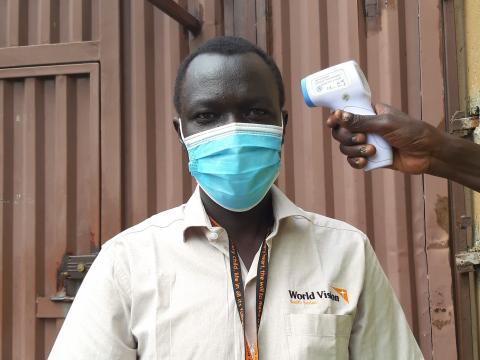
I am hounded with fear of being exposed to COVID-19 and endanger my family and the people around me. My work in World Vision’s People and Culture team requires me to listen closely to staff needs, help address them, and supervise the recruitment processes.
With this pandemic, I do my work now with extra care as I wear a mask and observe protective measures. Even the unsealing of application and other documents need a lot of precautionary processes. But they are important to keep everyone safe. I have to be an example to others.
I was born in 1986 in a town of Wau, currently located in the northwest part of South Sudan. I grew up with six siblings. My father was a teacher and with his profession, I was able to study in a preparatory school managed by Catholic nuns in 1994.
This was interrupted by a communal feud among different forces thus my father decided for us to stay at home for our own safety. In 1996, after the creation of Northern Bahr el Ghazal State, my father with other officials moved to Aweil town to establish the new state administration but the rest of the family stayed in Wau.
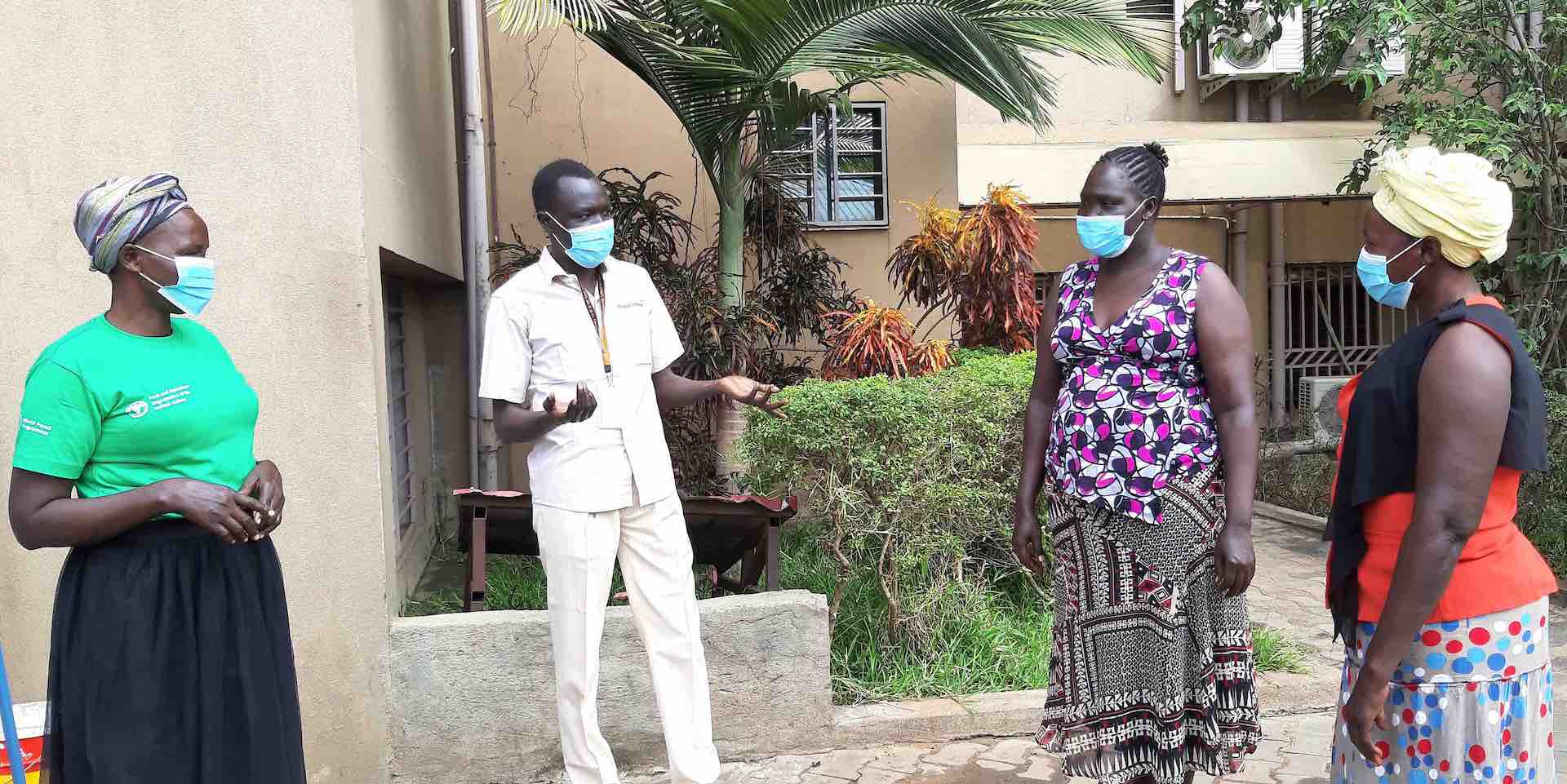
I was able to study on primary one when we joined our father in Aweil. But school was again interrupted due to some clashes that forced us to move to nearby Aweil East County. Air bombardments followed around the town and in strategic areas.
Hunger always followed us as far as I can remember. There was no drinking water and I can still vividly recall the exodus of people from the town to the villages finding for safe refuge. We were provided food assistance from the World Food Programme (WFP), but there was no clean water.
I drank any water available from the unprotected well while enduring the painful sting of bees. The internally-displaced people (IDPs), including us, were threatened by bees at daytime and the deadly wild animals at night.
My journey took a turn when I got hired by World Vision as Assistant People and Culture Officer. My very first salary in 2009 saved the life of my older sister as I was able to send her to Khartoum for her kidney treatment.
In 1998, there was intense aggression against IDPs in liberated areas and made going to school very unstable. I was then in primary 2 but it was not easy to attend classes under the trees with trenches dug around the classrooms to protect us from bombardments.
Some of my school mates got buried when a bomb landed in their trench hole just 10-meters away from where we were. I can remember an old church built in 1945 was repainted with forest-green color to camouflage it as part of the environment and avoid getting bombed.
Life appeared to improve when the peace negotiation started in the earlier part of the year 2000, The bombings began to stop and the start of humanitarian flights gave us a sign of hope. It felt like a new birth of life for me. The schools re-opened and the Catholic missionaries took over the school management. I completed primary 8 in 2004.
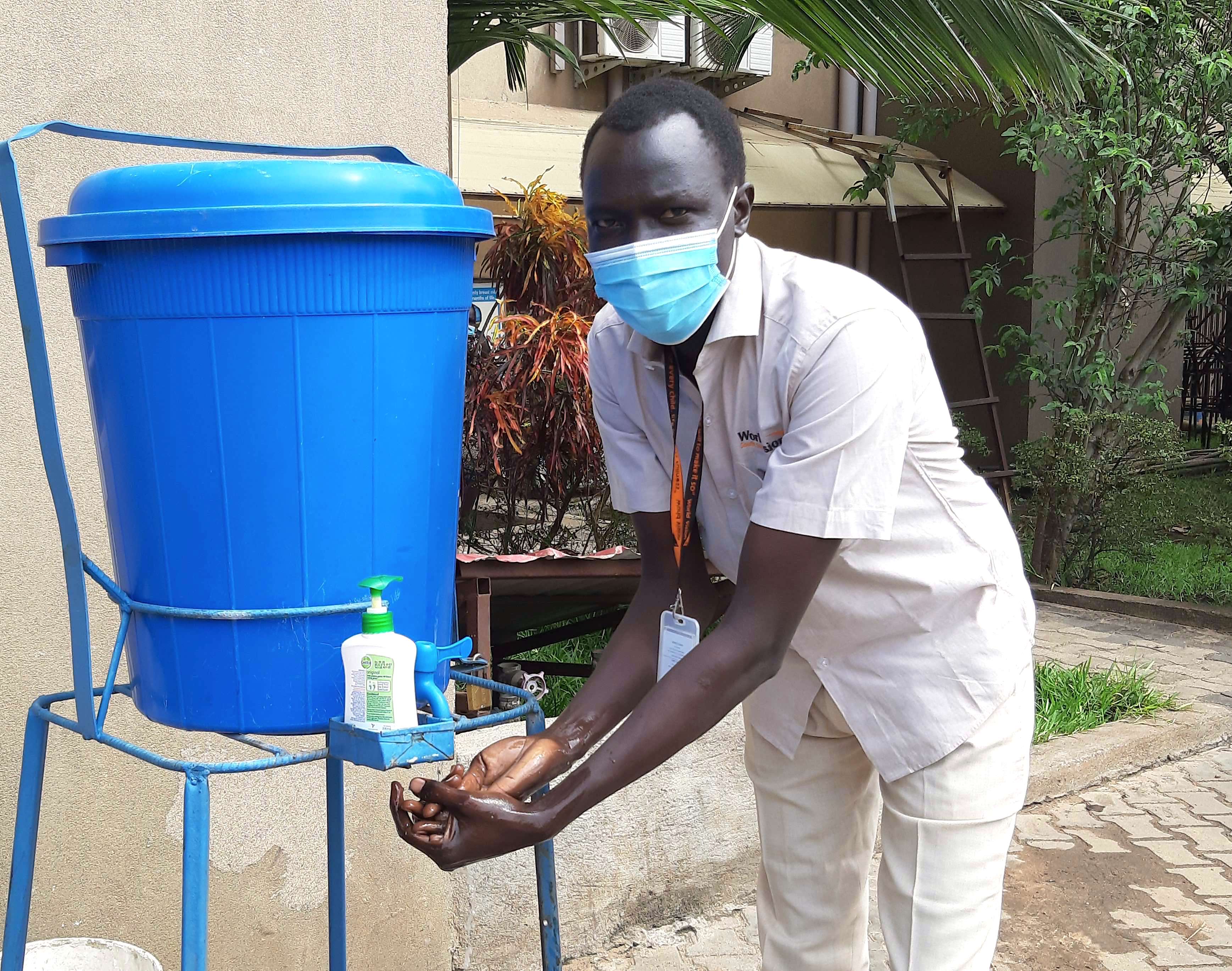
Hope rose for me when I got a scholarship in 2005 to join the Minor Seminary in Kitale, Kenya where I graduated from my secondary studies in 2008. In 2009, I earned another award to join the Major Seminary but I was not able to proceed because my family needed me. I wrote our bishop to decline the offer even if I was torn apart with the decision.
My journey took a turn when I got hired by World Vision as Assistant People and Culture Officer. My very first salary in 2009 saved the life of my older sister as I was able to send her to Khartoum for her kidney treatment
Through my job, I sent my brothers and a step-brother until they completed secondary school. I also assisted the rest of my stepbrothers and stepsisters who are in primary schools. Many things have changed in me - physically, professionally, and spiritually.
I love my work and I consider it an important part of my life. Through my savings, I was able to raise 24 cows and afford a dowry for my marriage which is an important tradition in South Sudan.
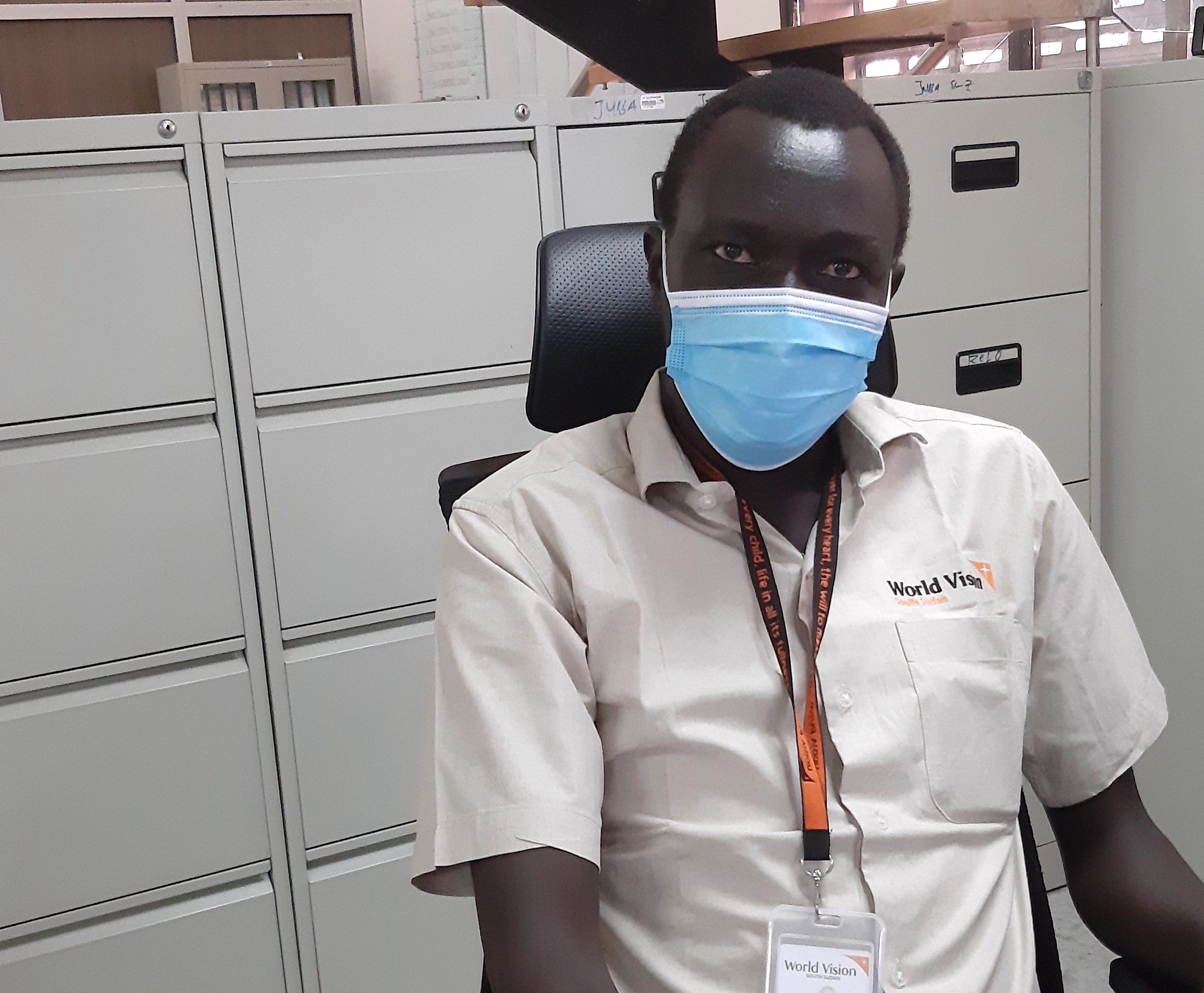
I am blessed with a loving wife and two children. However, we lost our daughter from a sudden illness while I was at work in another part of the country. In 2015, I enrolled for a degree program at Kampala University which I successfully completed and did an online tutorial course which earned me a Diploma in Human Resource Management.
After 10 fruitful years, I am currently I am the People and Culture Manager and I am constantly reminded that service with love and humility pays. God hears our prayers. His response may not immediate, but with patience, I am who I am today.
As I watch my fellow employees, I feel grateful to be a part of the team that recruits South Sudanese staff who excel in their work. Many even rose higher within and outside of the World Vision family. The human resources work is not just a simple work, but a true call to serve the children and communities through the best team we can bring together to serve.
My role supports and encourages our staff to work with love and be an example to others. We are truly called to serve with joy and love of Christ who gave up his dear life for humanity.
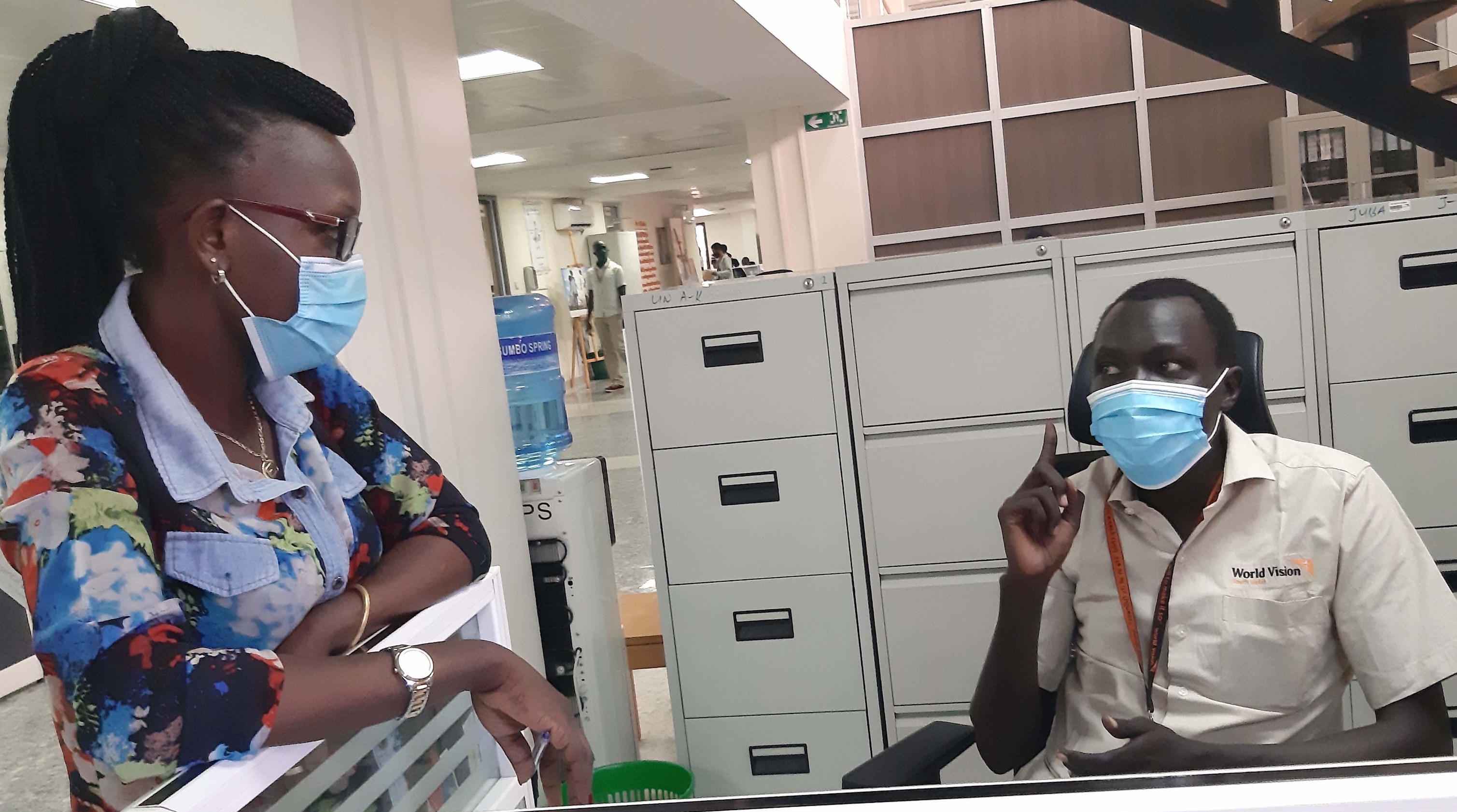
Blog by Ayuel Madut, People and Culture Manager I Photos by Scovia Faida Charles Duku, Communications Coordinator